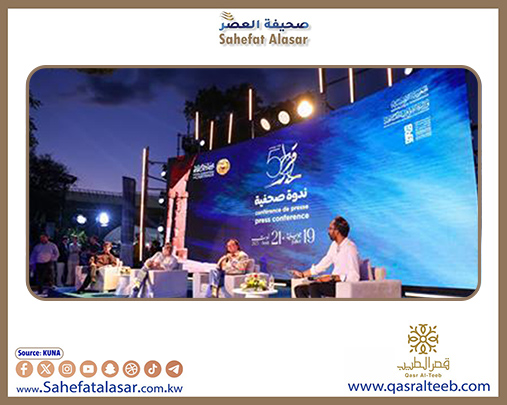


Hend Makrani, Director General of the Tunisian Organization for Festival Development and Cultural Events, confirmed during a Thursday press conference at the historic Carthage Amphitheater that the 59th edition of the Carthage International Festival (July 19 - August 21) will demonstrate cultural and humanitarian solidarity with Palestine through dedicated Palestinian artistic participation, reinforcing the festival's humanitarian mission.
Held under the theme "A History Told, An Art Lived," this year's edition merges tradition with contemporary vision. Makrani emphasized that audiences would be the "true stars" of the festival, with programming fully aligned with public expectations. The 3-million-TND budget (≈$1M), supported by state funding, ticket sales, sponsorships, and advertising, maintains financial balance without deficit - reflecting, in her words, "transparent resource management."
Artistic Highlights:
Opening: Tunisian composer Mohamed Ghrifi's symphonic performance
Closing: UAE superstar Ahlam's concert
Arab music nights featuring Najwa Karam, Nancy Ajram (Lebanon), My Farouk (Egypt), Adam (Lebanon), and Nassif Zaitoun (Syria)
Palestinian solidarity: Mohamed Assaf's "With Gaza" concert and emerging artist Saint Levant
International acts: Jamaican reggae star Ky-Mani Marley and French diva Chantal Goya
Global theatrical and folkloric performances
Technical Innovations:
Preparations since January 2025 included:
Modern scenography blending technology with the site's UNESCO-listed heritage
AI integration in artistic direction
Infrastructure upgrades coordinated with the Heritage Revival Agency and Carthage Municipality
Established in 1964 and celebrating 61 years, the Carthage International Festival remains the Arab world's premier music event, held primarily at the ancient Carthage Amphitheater. This edition continues its legacy of cultural exchange through what Makrani described as "art that unites, not divides."
